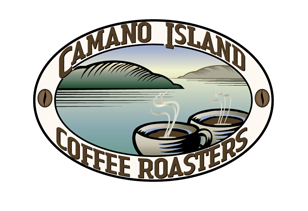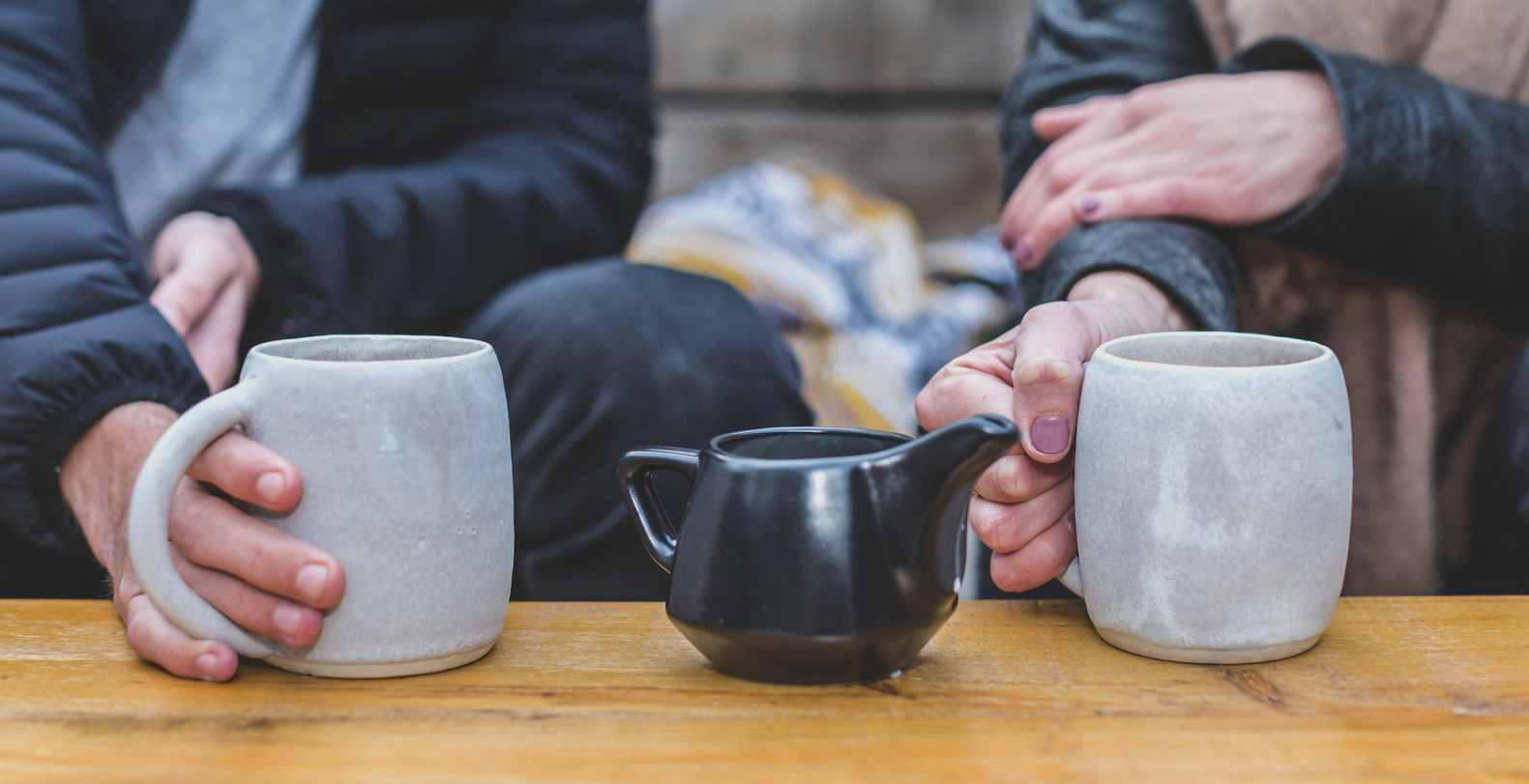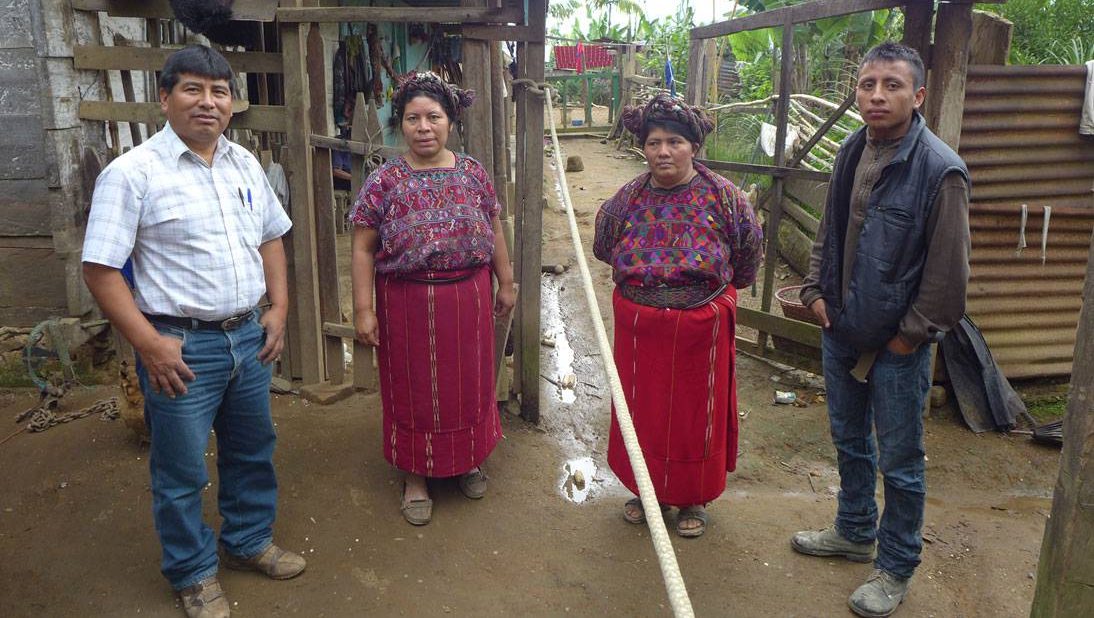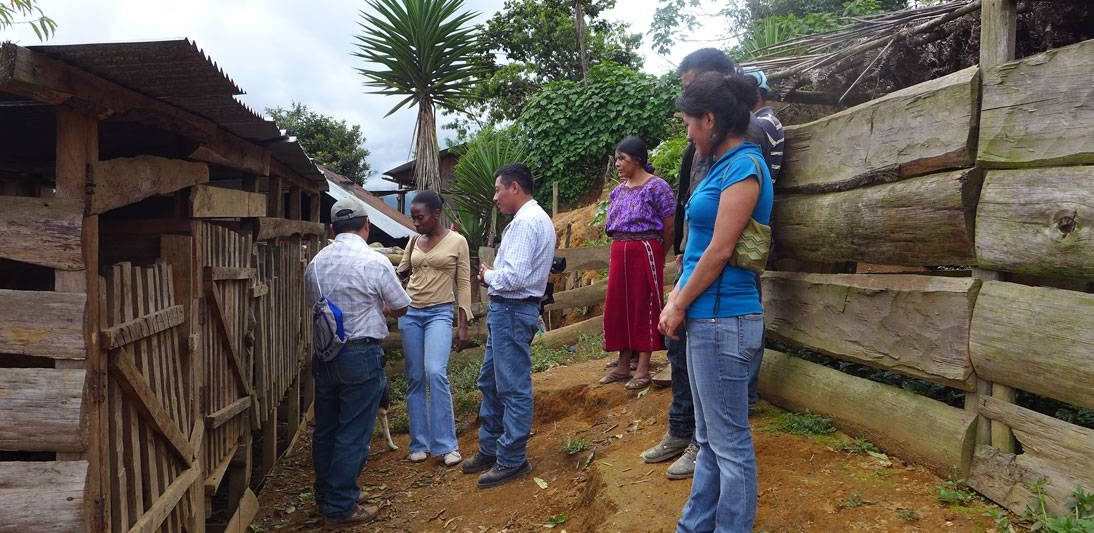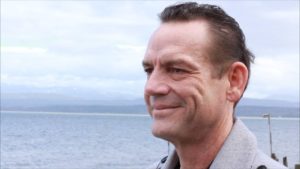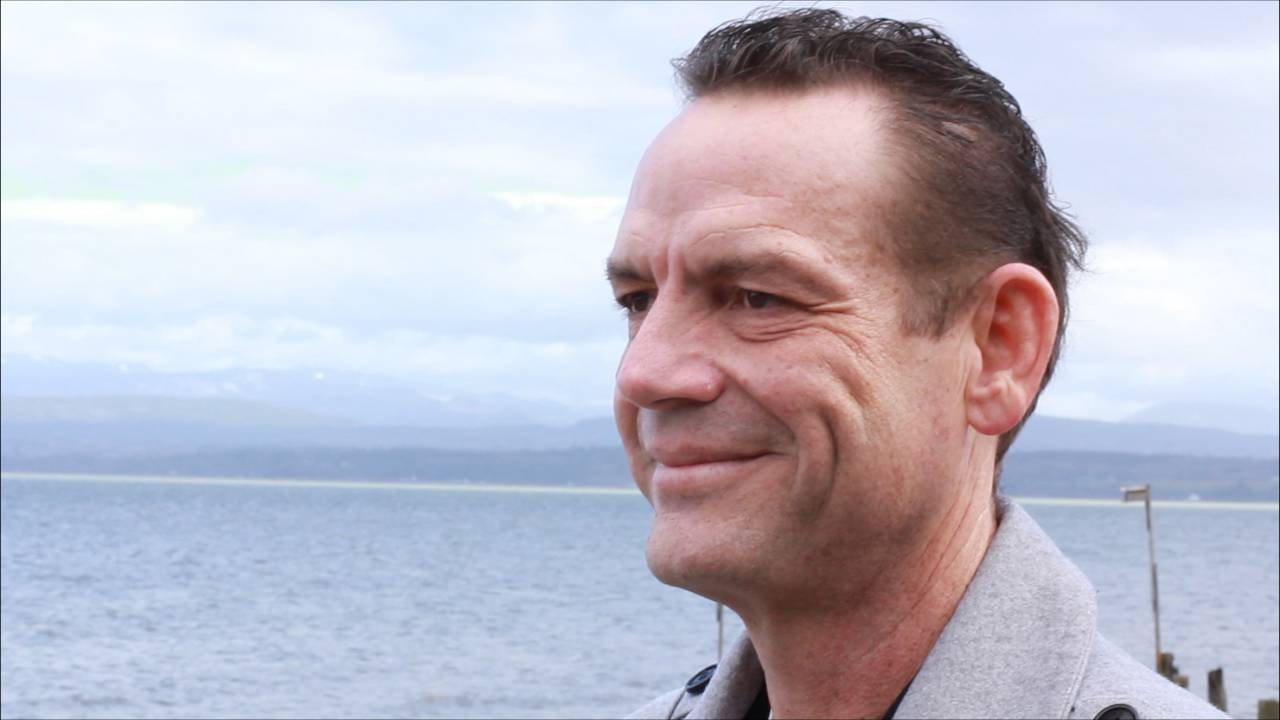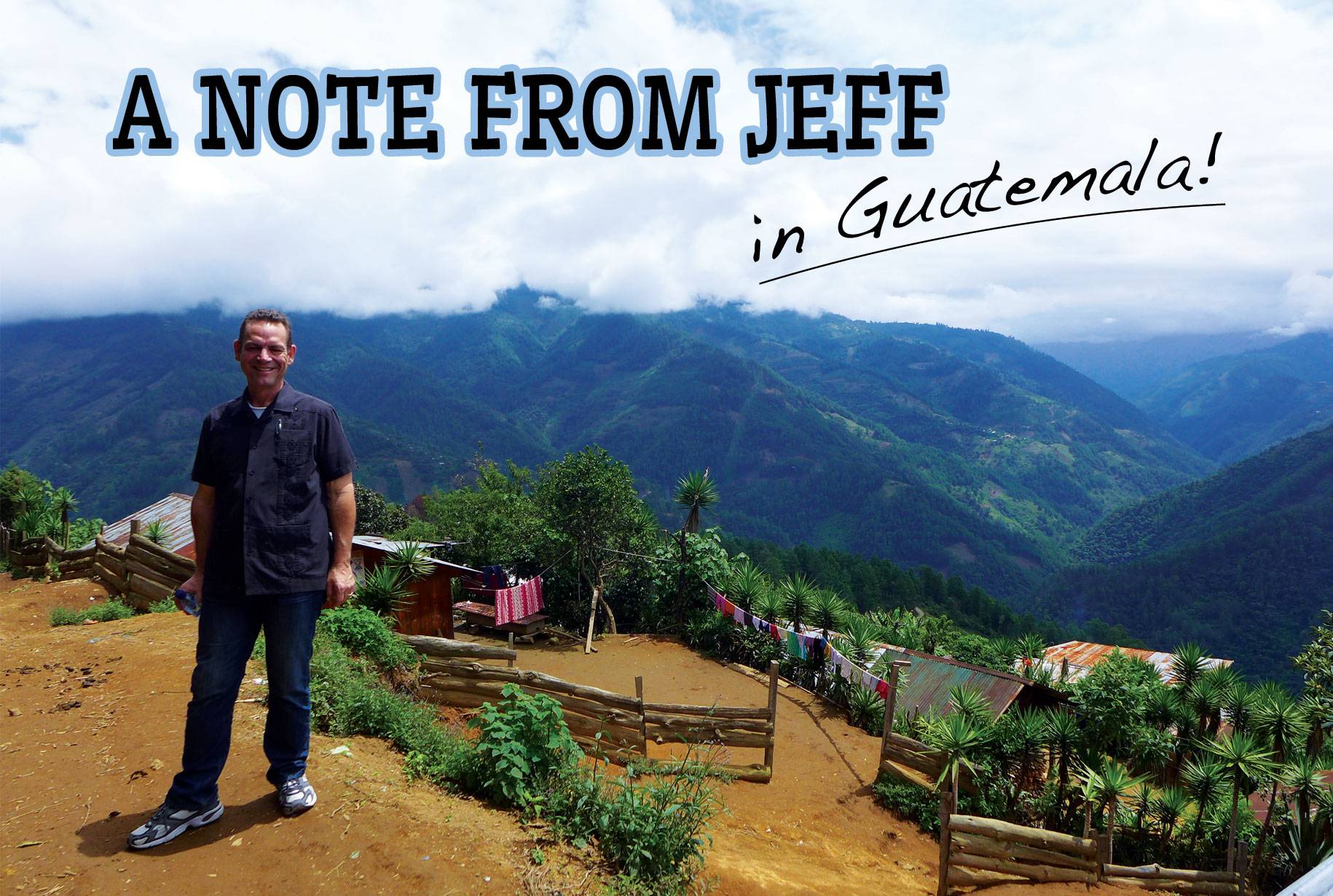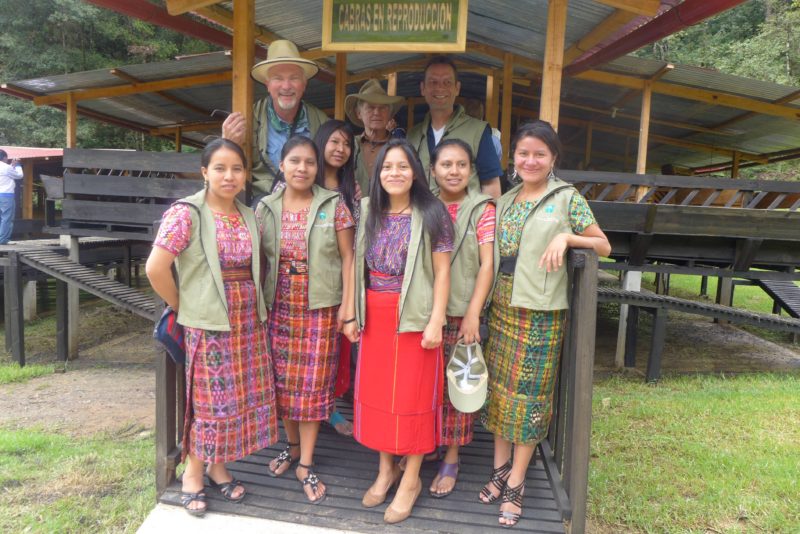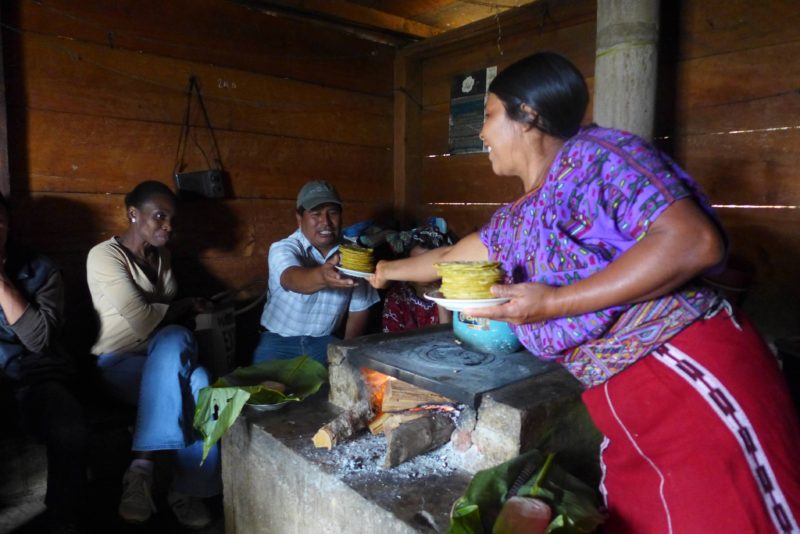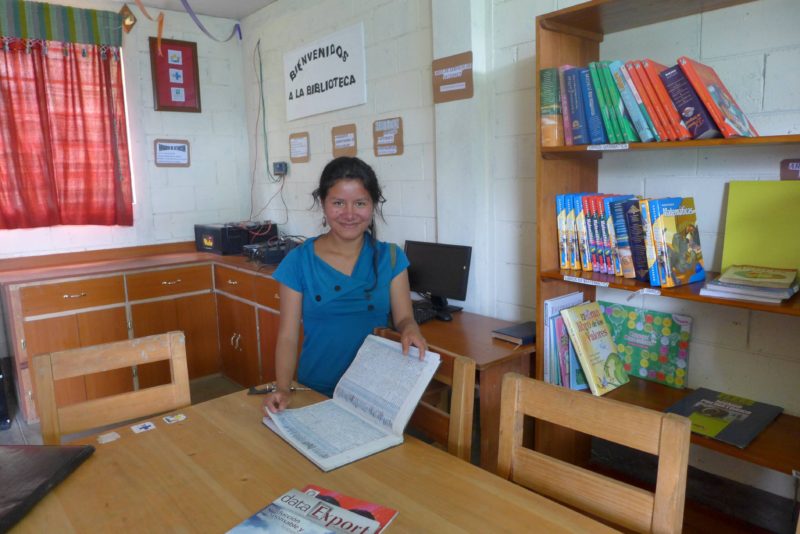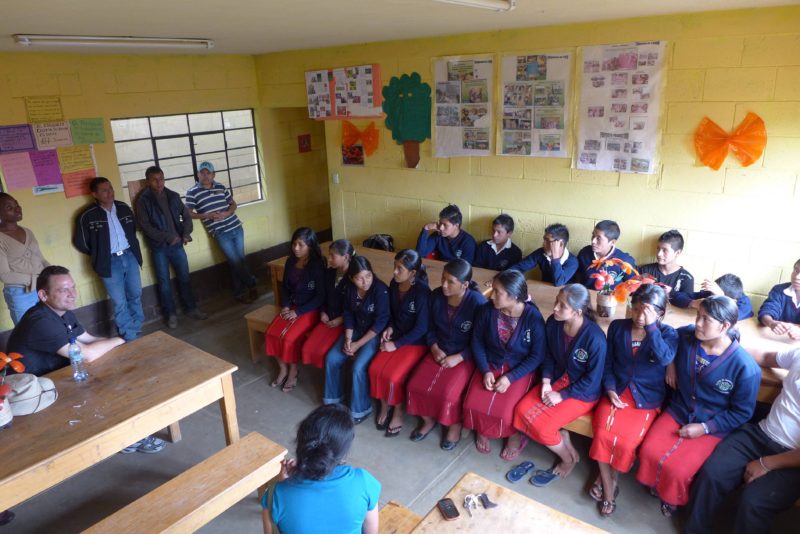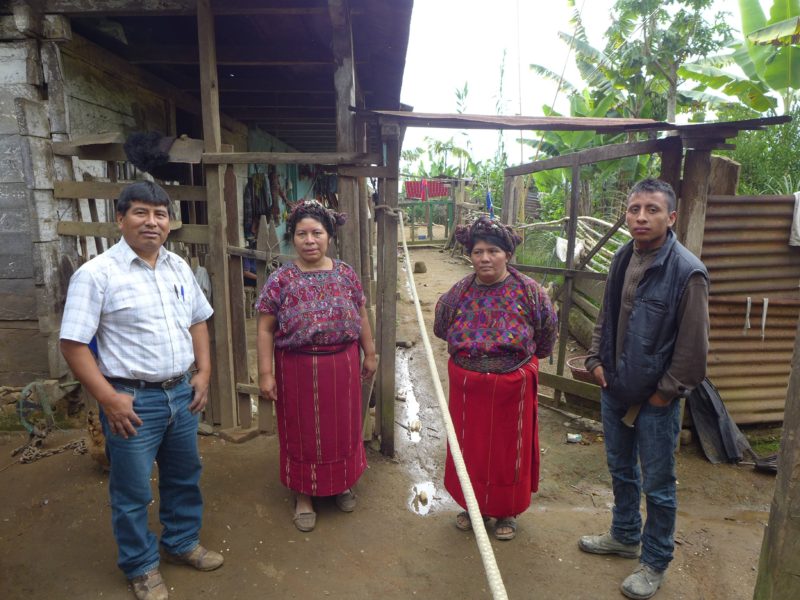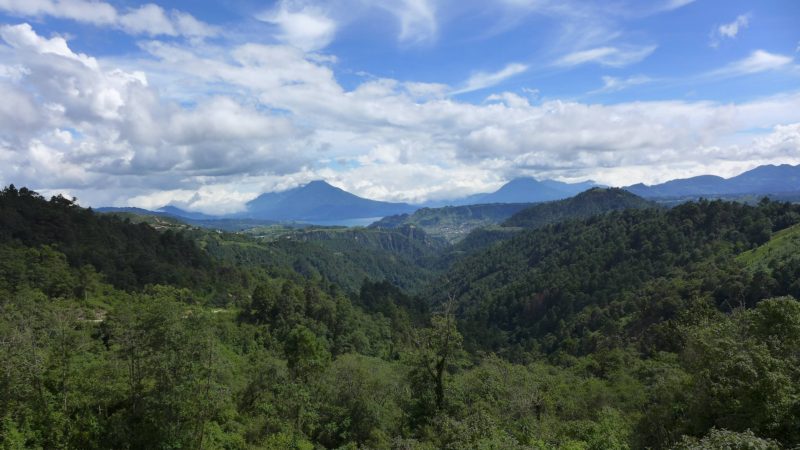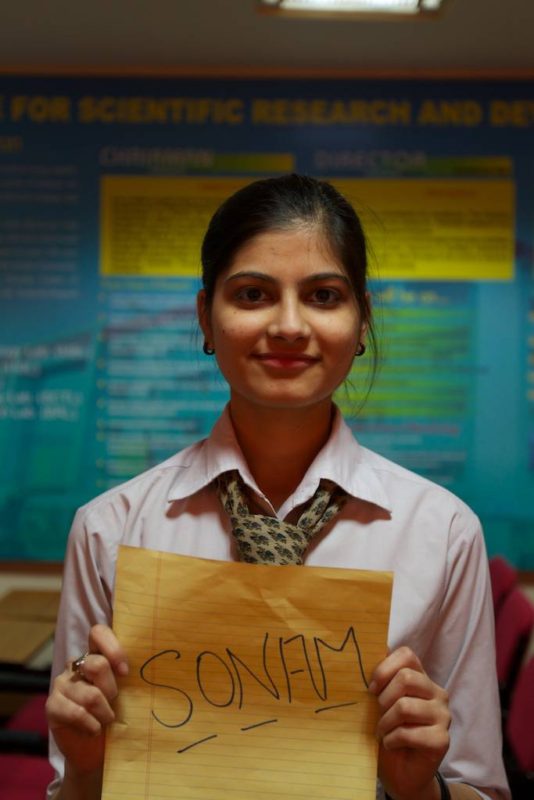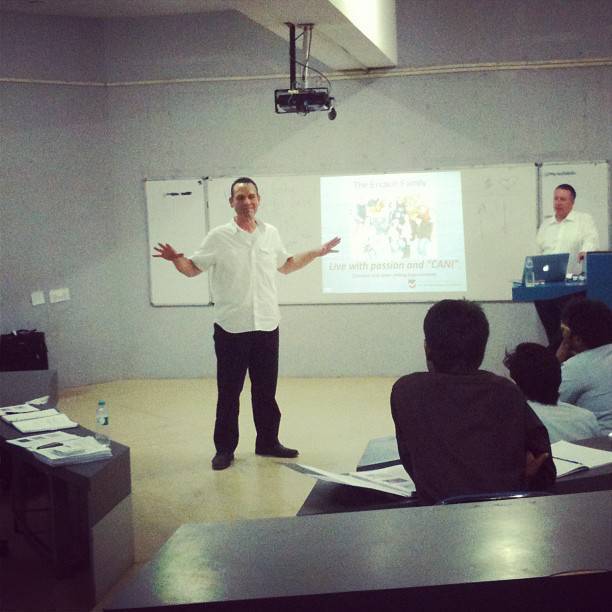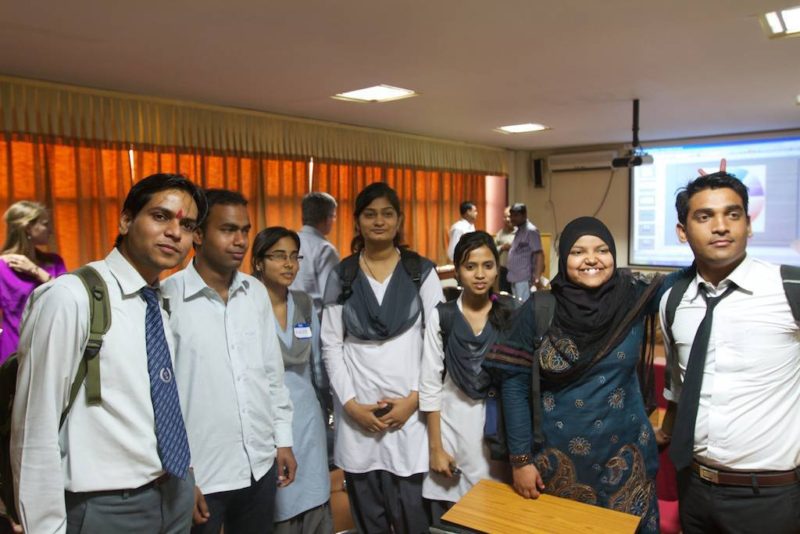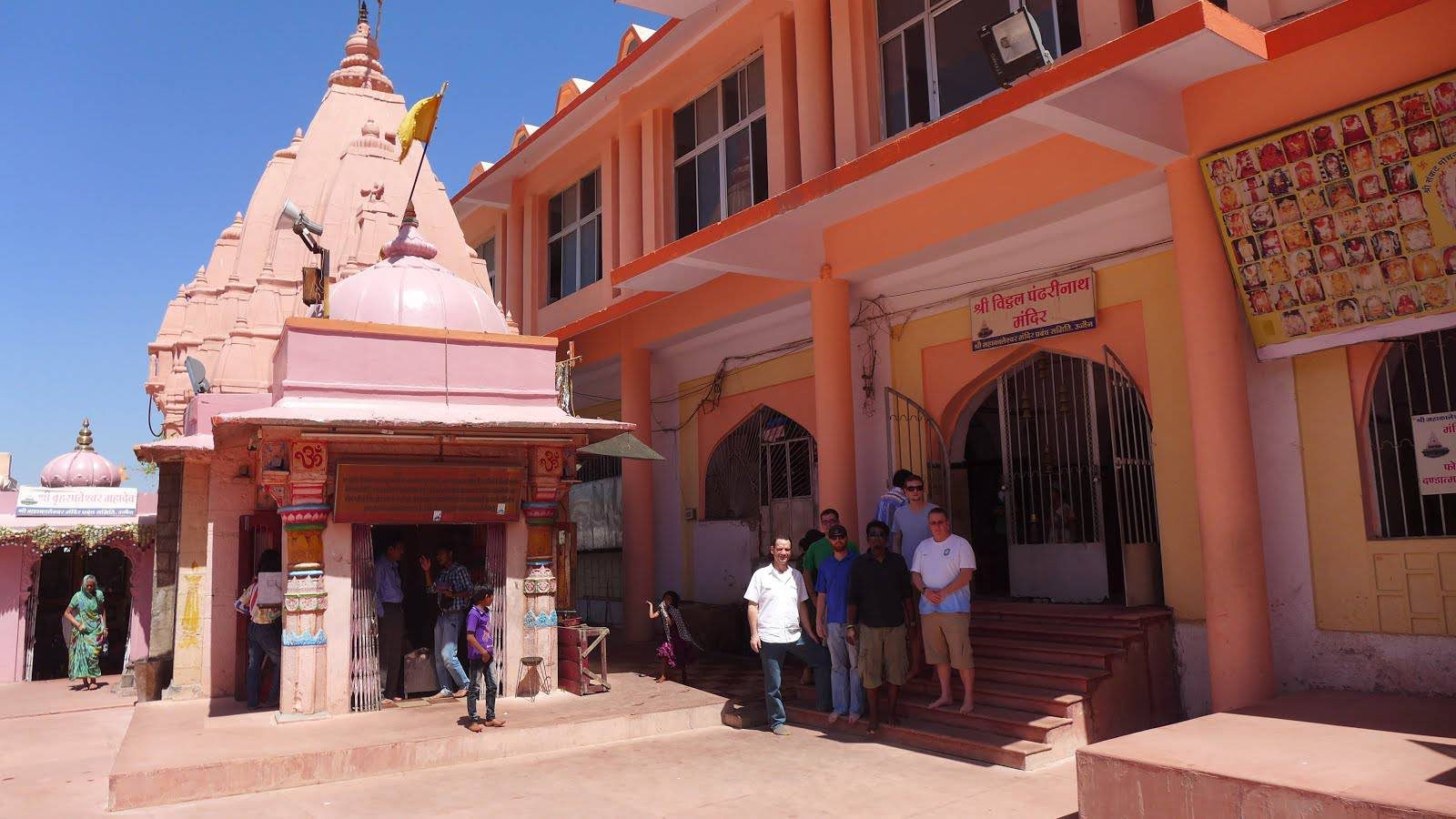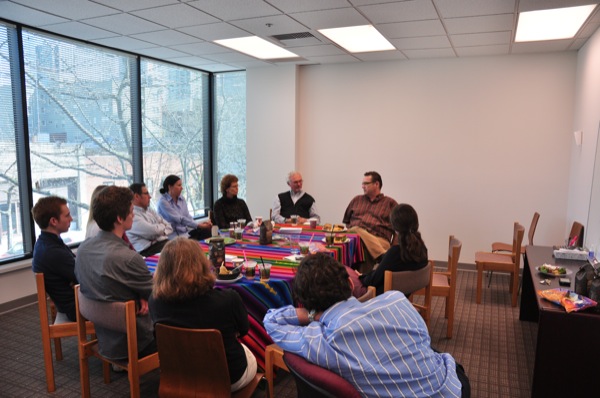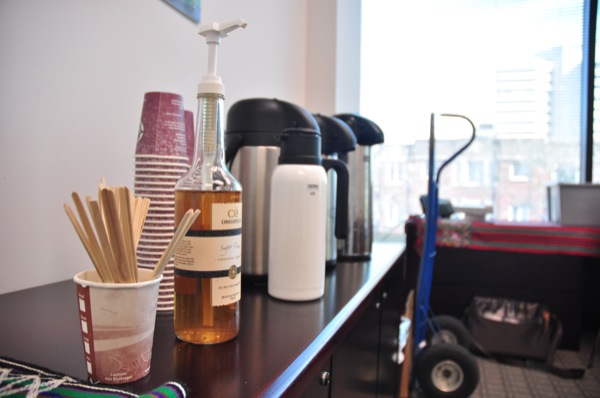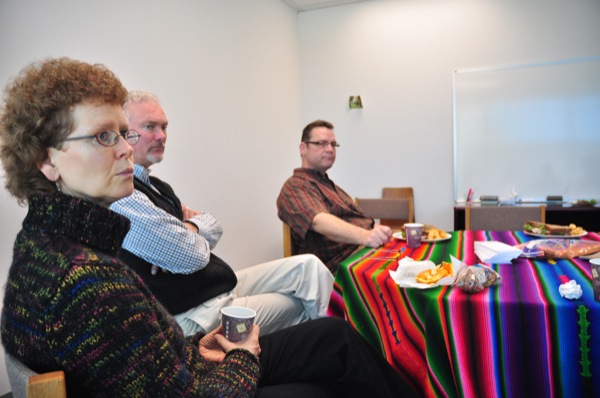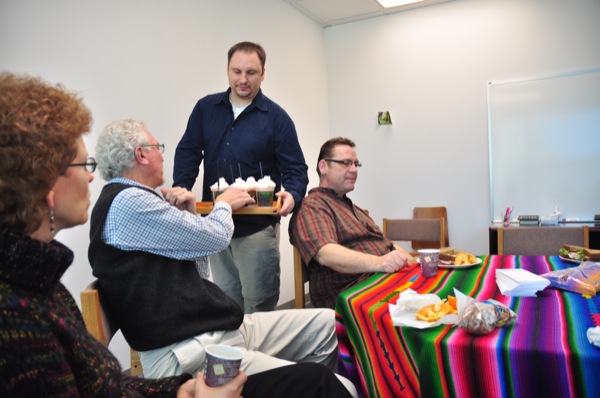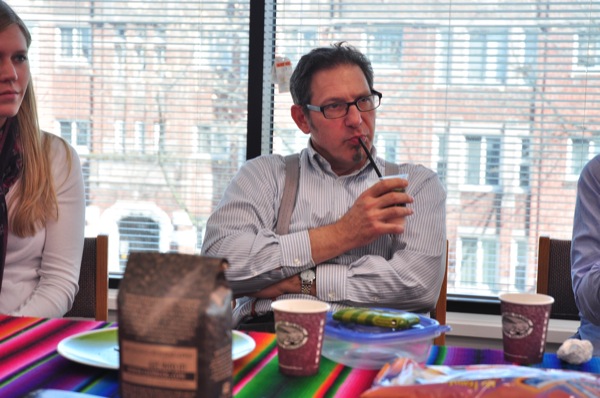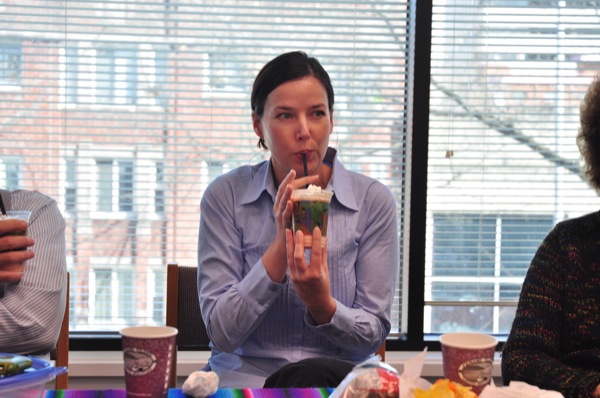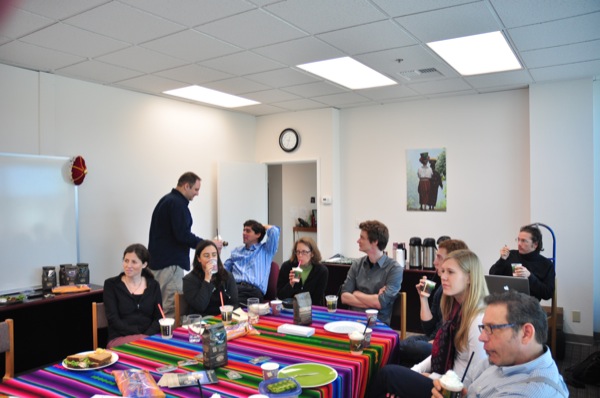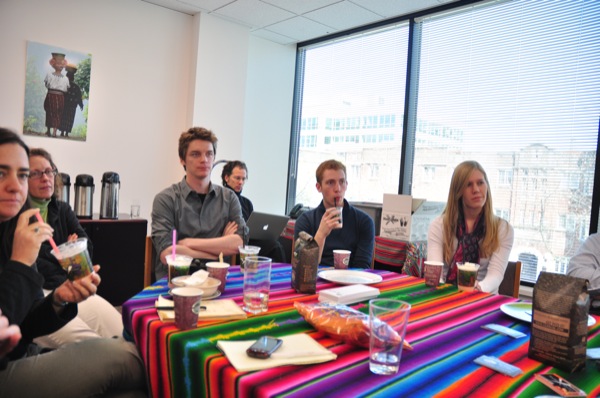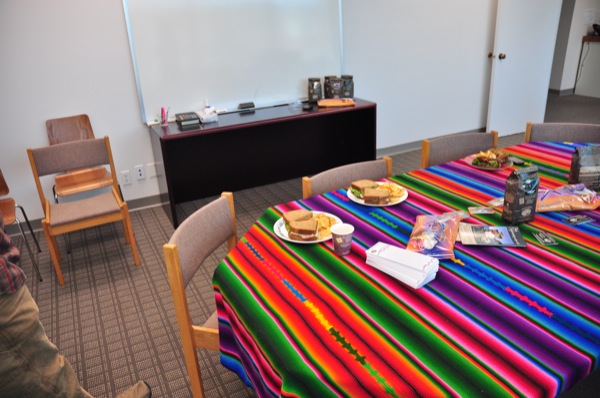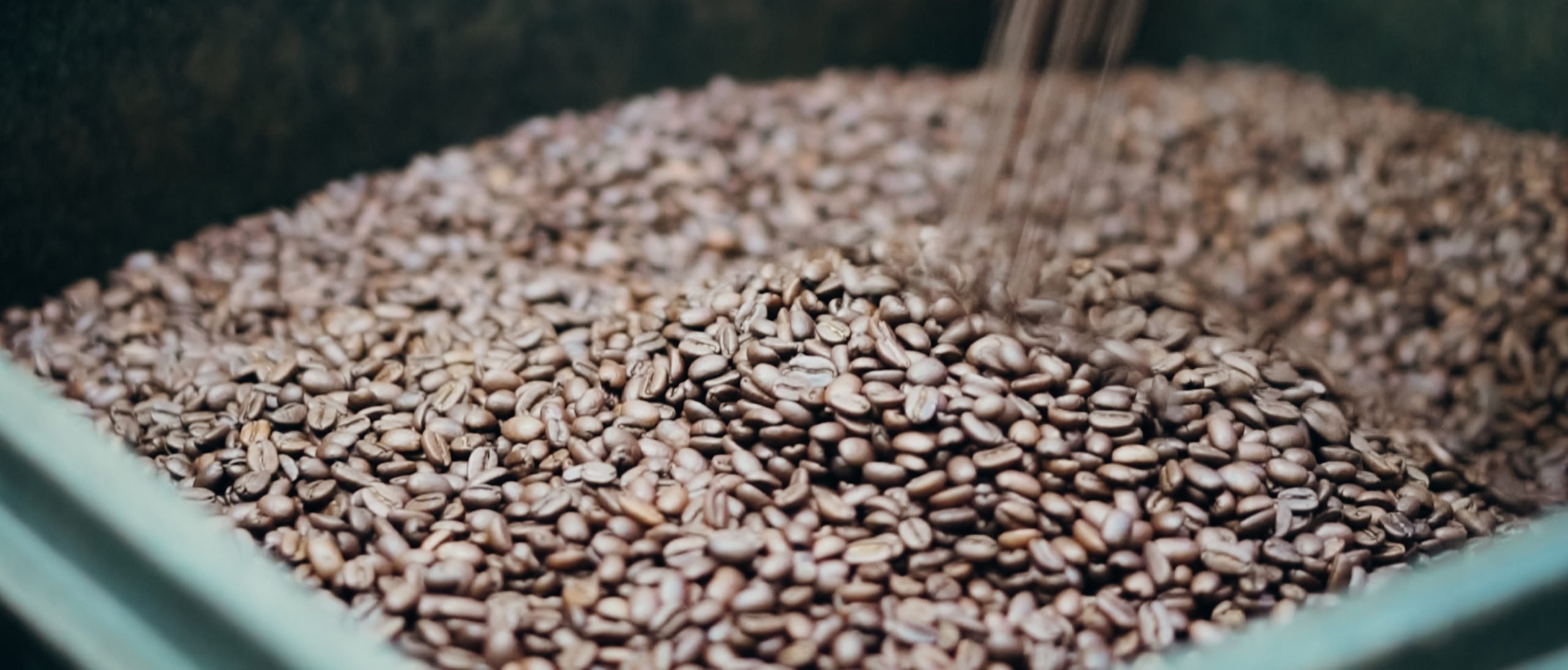
The Art of Roasting Coffee and Why it Matters
Taking raw green coffee beans and turning them into delectable roasted coffee is truly an art form. Different roasting techniques can have a big impact on your daily cup of Joe. The difference between mediocre coffee and amazing, knock-your-socks-off coffee comes from the quality of the bean used AND the roasting technique. At Camano Island Coffee, we treasure our coffee beans and use masterful roasting techniques we use to bring out the best in every bean.
What is a Coffee Bean?
Coffee beans start out as the pit of a cherry-type fruit. Once the pits (or beans) are removed, they’re dried before being exported. The milled pits are considered green coffee beans. Once the green coffee is exported, it’s ready to be roasted. Some people believe roasting is the most important step in coffee production.
The Roasting Process
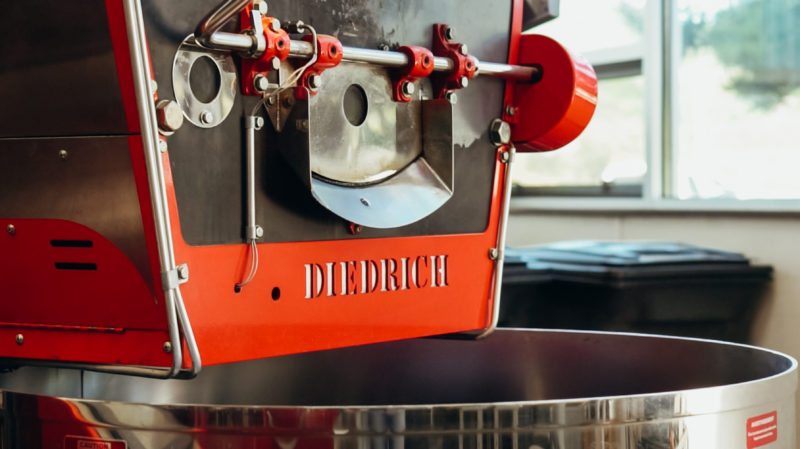
The roasting process involves more than you might think. It can take years of training and practice to become an expert coffee roaster. At Camano Coffee, we use the highest quality organic fair-trade coffee. We also use precise roasting techniques to bring out the very best in every coffee bean. Coffee roasting machines are used to heat the green coffee beans between 370 and 540 degrees Fahrenheit. They’re heated anywhere from a few minutes to half an hour. The time and temperature determine the level of roast from light to dark.
Roast Levels
Most coffee drinkers have a preference when it comes to roast level. Whether you’re seeking a light or dark roasted coffee, most people have a favorite. So, what’s in a roast? Let’s discover what each roast level means for flavor, body and caffeine.
Many coffee drinkers assume dark roasted coffee has higher caffeine content, but its not true. Believe it or not, light roasted coffee is slightly higher in caffeine. It all boils down to the roasting techniques, which develop the different flavor profiles and caffeine levels of the coffee.
Light Roast
Light roasted coffee beans are light brown. They also display a lighter, more acidic flavor. Since the coffee from Camano Island Coffee Roasters is from trees grown in the shade, our light roasted coffee will exhibit less acidity than other brands. To obtain a light roast, the bean is heated until the first crack at about 375 – 400 degrees Fahrenheit. These beans do not have a shiny or oily appearance, which is developed when a bean is roasted longer releasing the oils. A lightly roasted bean will also offer more origin flavors, which come from the soil, weather conditions and other crops grown around the coffee plants.
Medium Roast
When compared to light roasted coffee beans, medium roasted coffee is slightly darker in appearance. The beans also exhibit a sweeter, more balanced flavor and less acidity. The caffeine level is slightly less than light roasted but higher than the dark roasted variety. This bean is created at temperatures between 410-430 degrees Fahrenheit, between the first and second crack. Some of the oils are released, but not enough to give the bean a shiny appearance.
Dark Roast
This level of roasting will give the coffee bean a shiny, oily appearance with a less acidic taste. Dark roasted coffee beans are heated to about 460 degrees Fahrenheit near the end of the second crack. The flavor may be slightly bitter or smoky from the roasting process. The roasty flavor tends to overwhelm the source flavor or flavor of origin of the coffee.
Choose the Best Brew
When searching for the best gourmet coffee online, be sure you know how the beans are being roasted. The roasting process is just as important as the way the coffee is grown. You can feel good knowing Camano Island Coffee Roasters are experts in their field, using only the best Organic Fair Trade Coffee and masterful roasting techniques to create the perfect cup of coffee every time.
